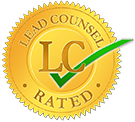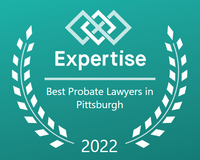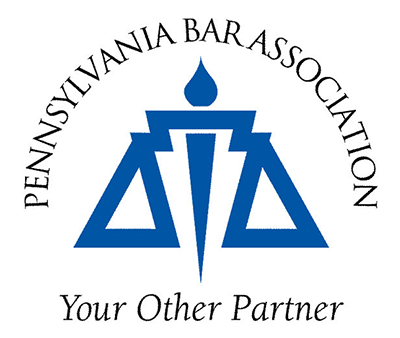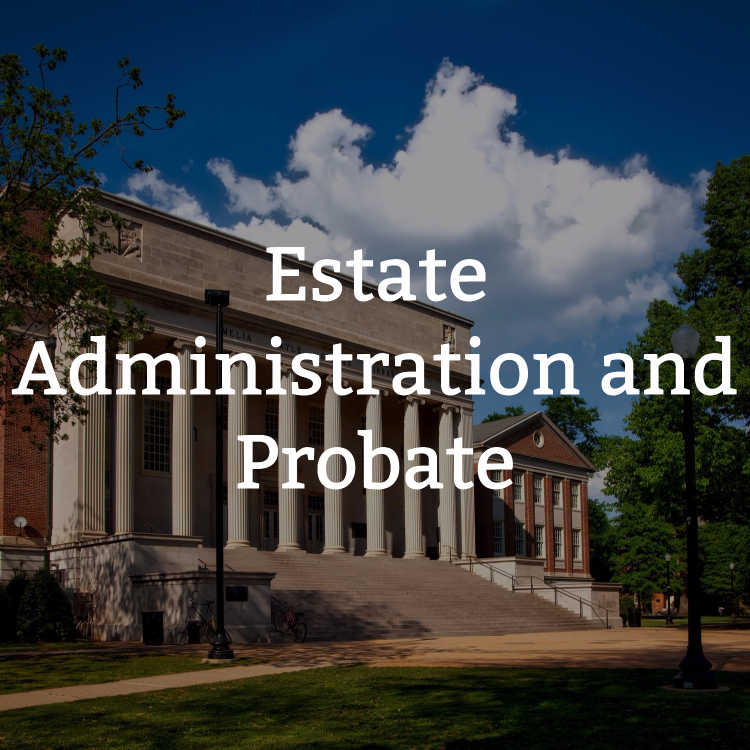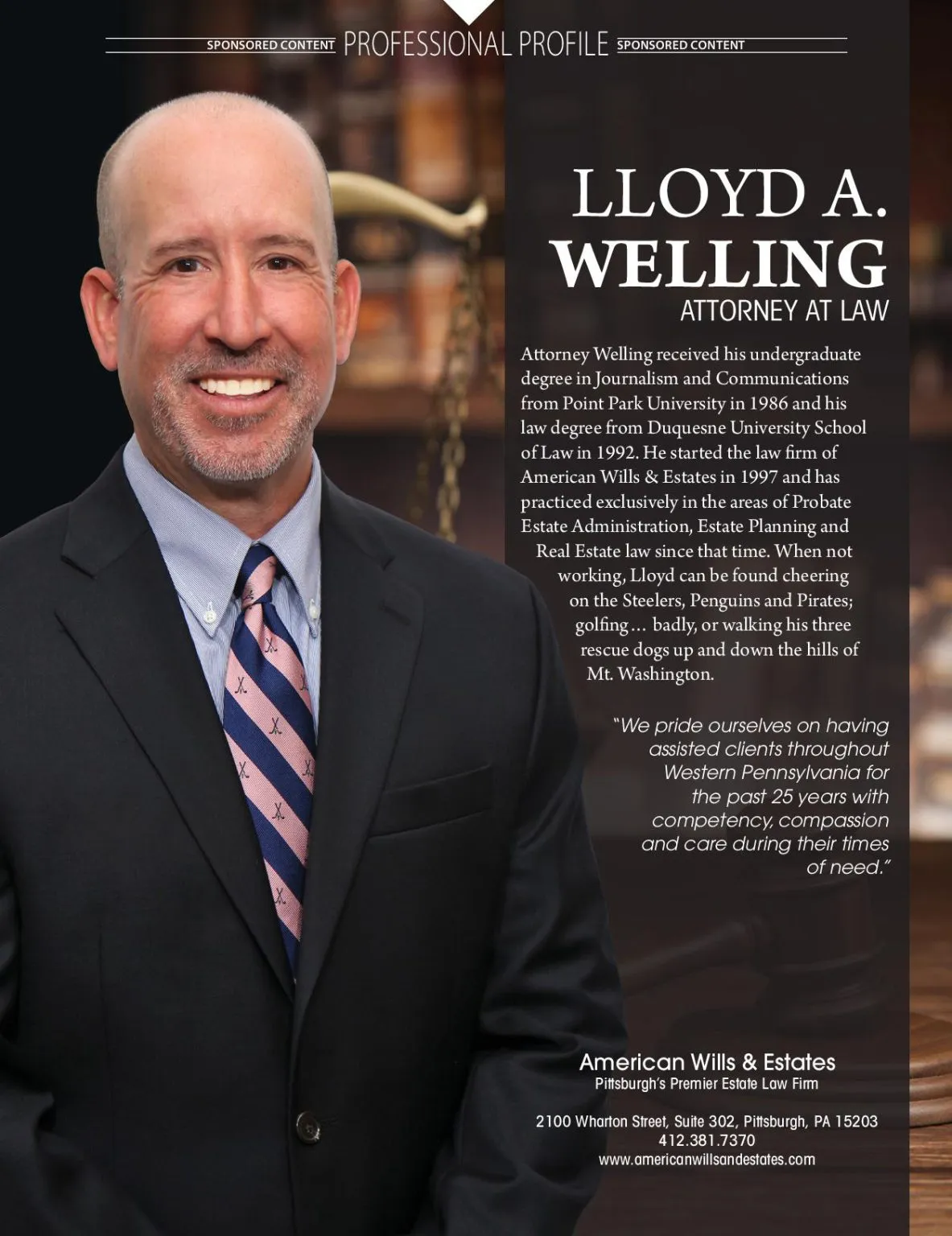The two seminal legal cases that led to the development of what we know of today as Living Wills or Advance Health Care Directives were the Karen Ann Quinlan and Terri Schiavo right-to-die cases.
The two seminal legal cases that led to the development of what we know of today as Living Wills or Advance Health Care Directives were the Karen Ann Quinlan and Terri Schiavo right-to-die cases.
Karen Ann Quinlan was just 21 when she became unconscious after arriving home from a party. She had consumed alcohol and a combination of prescription drugs. After she collapsed and stopped breathing twice for 15 minutes or more, the paramedics were called and she was taken to the hospital where she lapsed into a persistent vegetative state. After remaining on a ventilator for several months without showing any signs of improvement, her parents requested that the hospital discontinue her care and allow her to die. The hospital refused, and the subsequent legal battles made newspaper headlines and set significant legal precedents. Ultimately, the court ruled in her arents’ favor and she was removed from mechanical ventilation in 1976. However, she continued to live on in a persistent vegetative state until her death from pneumonia in 1985.
The Terri Schiavo case is a more recent case to explore the ethical issues concerning end-of-life decision making. Terri Schiavo collapsed in her St. Petersburg, FL home in full cardiac arrest on February 25, 1990. Due to oxygen deprivation she suffered massive brain damage and, after spending more than two months in a coma, she was diagnosed as being in a persistent vegetative state.
Over the next several years her doctors attempted a host of physical and other experimental therapies in an attempt to return her a “state of awareness”. In 1998 Mrs. Schiavo’s husband petitioned the Florida court to remove her from the feeding tube to which she was attached. He was opposed by her parents who argued that she was still conscious and therefore viable. The court ruled that she would not wish to continue such life prolonging measures and that the feeding tube should be removed. The tube was removed only to be reinserted several days later. The legal wrangling between her parents and husband continued going as far as then President George W. Bush signing special legislation designed to keep her alive. After all federal appeals had been exhausted the original court decision to remove her feeding tube was upheld. The staff at the hospice facility where she resided disconnected the feeding tube on March 18, 2005. No further efforts were undertaken to keep her alive and she ultimately died on March 31, 2005.
As the Quinlan and Schiavo cases amply illustrate, not having a Living Will or Advance Health Care Directive is risky. Without one, no one can be appointed to make our medical decisions if you are unable to make them for yourself. A Living Will or Advance Health Care Directive is a legal document in which you will declare the scope and extent of medical care that you wish to receive in the event that you should become terminally ill or irreversibly brain damaged.
Many people use these documents to articulate their wishes that they not be kept artificially alive on life support if there is no likelihood of recovery or further quality of life. A Living Will can also be used to direct your doctor to withhold or withdraw you from certain treatments including having a feeding tube or artificial hydration being used to keep you alive.
Since each state’s laws vary, it’s important to get a state specific Living Will or Advance Health Care Directive. Even though an attorney isn’t required to draft a Living Will, it’s probably not a bad idea to consult an attorney to make sure that your document comports with your state’s applicable laws. It is probably also a very good idea to discuss your Living Will with your family members and to give them and your doctor copies of the document. That way, they will know exactly what your wishes are and will be more able to follow and respect them.
At American Wills & Estates, we have been preparing Living Wills and Advance Health Care Directives for our clients at nominal or no cost for over 15 years. Call us today to schedule your free legal consultation and to make sure you have this important part of your overall estate put in place.


